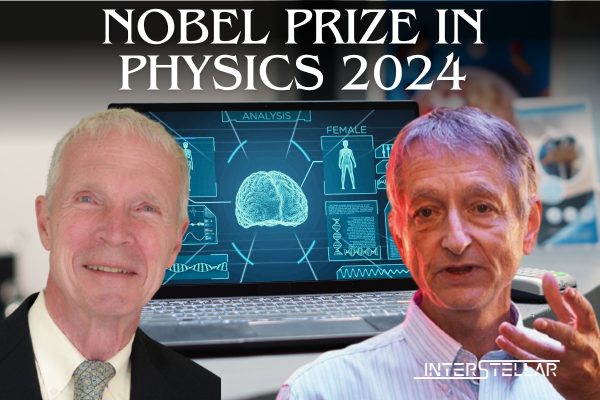John Hopfield and Geoffrey Hinton Win 2024 Nobel Prize in Physics for Machine Learning Breakthroughs
US scientist John Hopfield and British-Canadian researcher Geoffrey Hinton received the 2024 Nobel Prize in Physics for their groundbreaking work in machine learning. The Royal Swedish Academy of Sciences highlighted how their discoveries serve as the foundation for today’s advanced machine learning techniques.
Pioneering Contributions to Artificial Neural Networks
The Nobel Committee honored Hopfield and Hinton for using physics-based methods to transform modern machine learning. “Machine learning based on artificial neural networks is revolutionizing science, engineering, and daily life,” the Academy emphasized.
John Hopfield, a professor at Princeton University, created an associative memory model that stores and reconstructs images and data patterns. His work significantly changed how computers process and recall information, shaping the structure of modern neural networks.
Geoffrey Hinton, a professor at the University of Toronto, developed techniques that help systems recognize specific elements in images. His research has fueled advancements in image recognition and many other machine learning applications.
Geoffrey Hinton’s Reaction and Concerns About AI
“I am flabbergasted. I had no idea this would happen,” Hinton said during a phone call at the press conference. In 2023, he left Google to voice concerns about the risks linked to AI technology. He warned that AI systems might surpass human intelligence much sooner than expected, which could pose serious challenges for society.
“While machine learning has enormous benefits, its rapid development has also raised concerns about our future,” stated Ellen Moons, chair of the Nobel Committee for Physics. “We must use this technology safely and ethically to benefit all of humanity.”
Nobel Prize Background and Context
The Nobel Prize in Physics is one of the most prestigious awards for physicists globally. This year, the prize comes with a sum of 11 million Swedish crowns ($1.1 million), to be shared equally by Hopfield and Hinton. Since 1901, the prize has honored distinguished figures like Albert Einstein, Niels Bohr, and Enrico Fermi.
Last year’s prize went to Pierre Agostini, Ferenc Krausz, and Anne L’Huillier for their work on ultra-short light pulses, which opened new avenues for studying atomic changes.
This year’s physics award follows the medicine prize, presented to US scientists Victor Ambros and Gary Ruvkun for discovering microRNA’s role in gene regulation.





